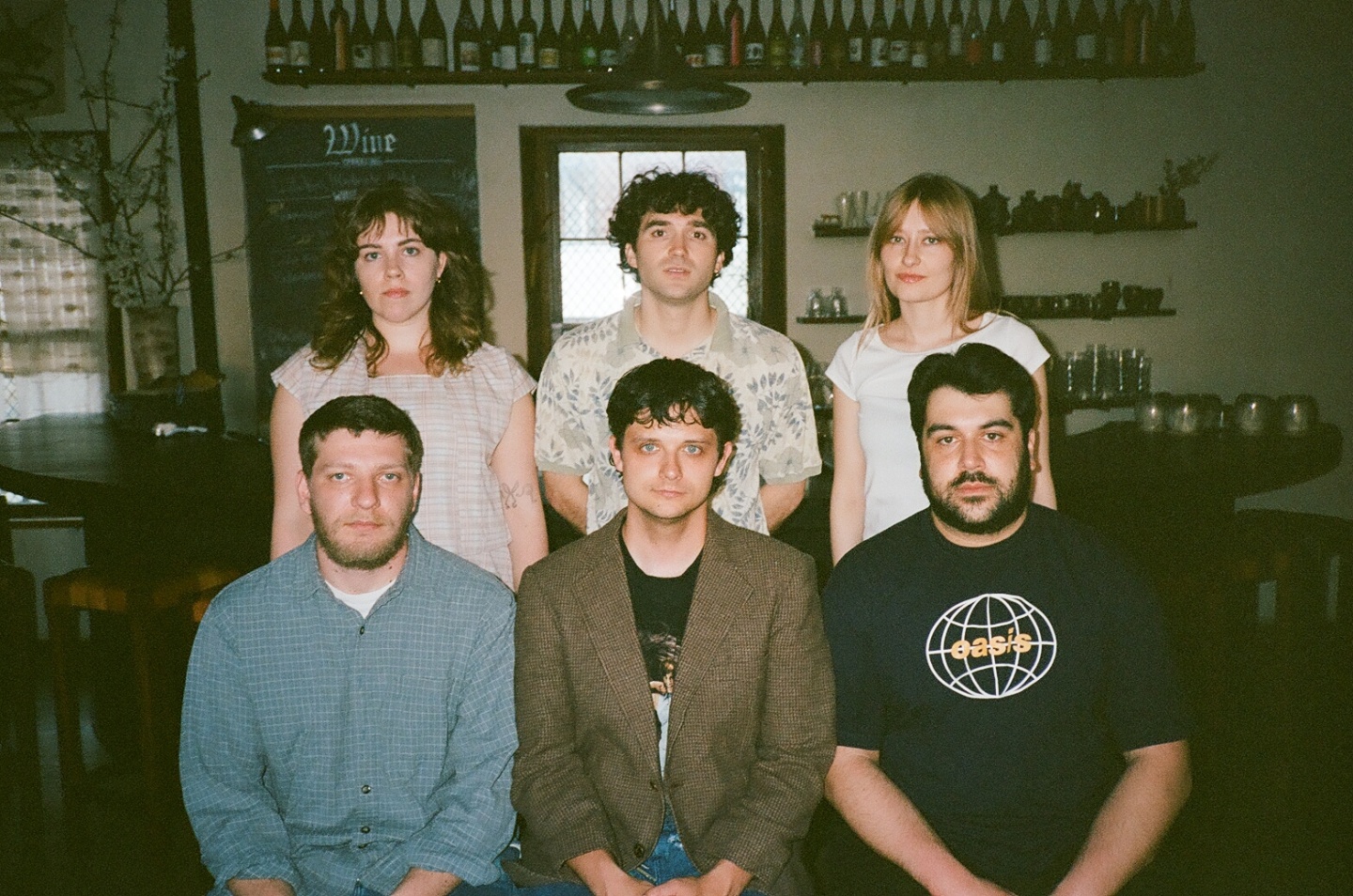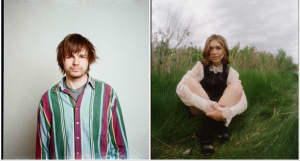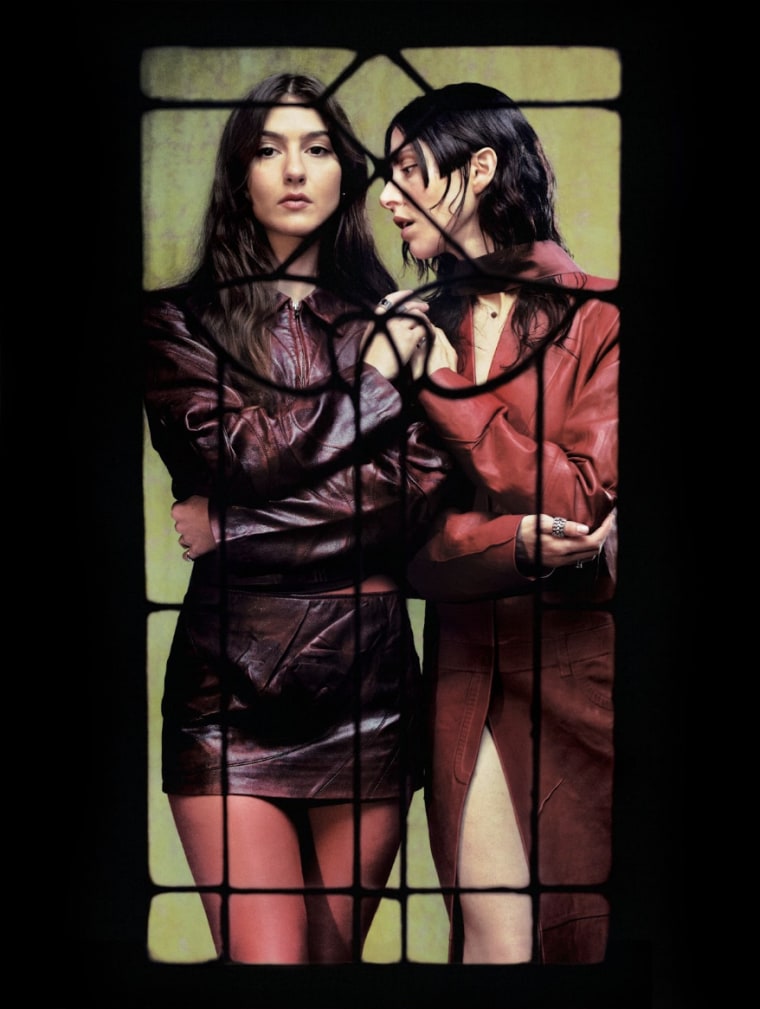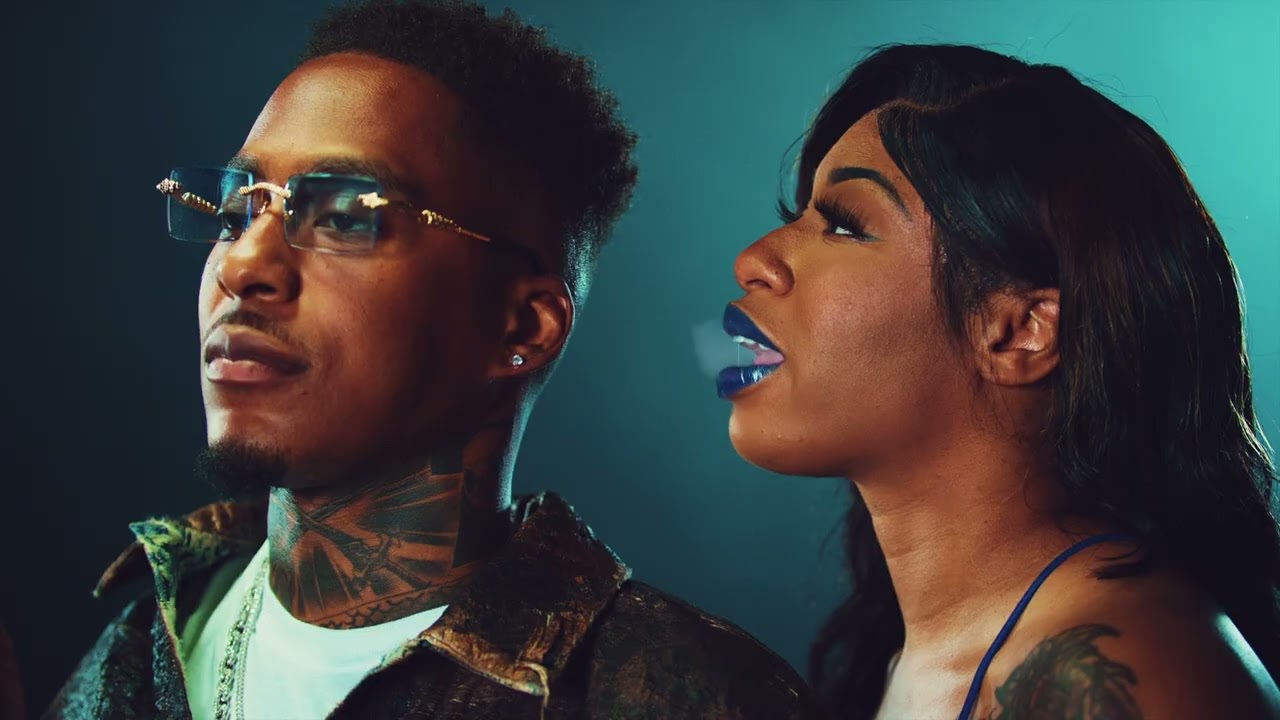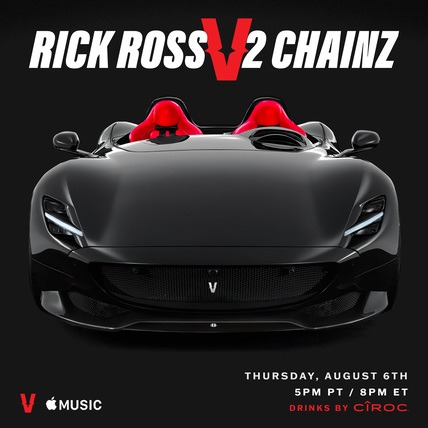Aunt Katrina
By Julia Hernandez
“I’m generally a pretty happy person,” says Ryan Walchonski of Baltimore-based electropop band Aunt Katrina. “But negative emotions tend to come out in my songwriting because it’s the easiest way for me to express them.”
On Aunt Katrina’s debut album, This Heat is Slowly Killing Me, out on July 11th, Walchonski grapples with torrential waves of existential dread and social anxiety, losing himself in his own intrusive thoughts. It’s a stark lyrical contrast to the work Walchonski did with his previous project, feeble little horse, a band he formally left in March in order to pursue work as a solo artist. But the two projects do share a similar sonic skeleton: Aunt Katrina’s off-kilter, noisy guitar pop is rammed with earworm hooks, a perfect balance of happy-doomed. Heavily influenced by the likes of Aphex Twin and Four Tet, his experimental rock songs bear a digitally-damaged sheen of ambient breakbeats and warped synths.
Walchonski, now living in Baltimore, wrote his lyrics in the dead of winter surrounded by his basement walls, the polar opposite of the hot D.C. summer evenings he spent recording the album. His lyrics pour out as a stream of consciousness, like what happens when you are trapped in the cage of your psyche for too long, stuck in an endless loop of self-reflection (“Peace of Mind”) or constantly second-guessing how you come off to people (“Just a Game”).
The FADER recently sat down with Walchonski for a discussion about his state of mind when writing the album, his sonic influences, and life post-feeble little horse.
The FADER: Before diving into Aunt Katrina, I wanted to ask about your decision to leave feeble little horse and start your own project.
I’ve been writing songs for Aunt Katrina for a couple years now. I started writing the [Aunt Katrina’s debut] Hot EP before [feeble little horse’s] Girl with Fish came out. The decision was just wanting to focus on this [record]. I’ve been away from my bandmates, who all live in Pittsburgh, for a while. I like to focus on local music communities and I felt Aunt Katrina was allowing me to build that for myself in D.C. and Baltimore. It’s where I wanted to put my energy. And I wanted my friends and bandmates to be able to do what they want to do, and tour when they want to tour. I didn’t want to hold them back.
Were you writing songs for Aunt Katrina while you were still in feeble?
The process for feeble was writing a lot of songs remotely. Some would make it for feeble, some wouldn’t. I was writing songs that I didn’t think would be feeble songs, and I wanted to release them somehow. We [feeble] were still doing things, but I knew at that point that my goal was to write a full-length album away from that.
You’ve assembled a really great band with Ray Brown (drums) and Alex Bass (producer and bass) for the studio recordings. How did you meet the Snail Mail crew?
I met Ray when I moved to D.C. and found out that he was a feeble little horse fan. It was really exciting for me because I’ve been a Snail Mail fan for a while, since even before I started writing music. I like to tell Ray this story of watching their Audiotree live sessions and learning that Lindsey Jordan used alternate tunings on her guitar. At the time, I didn’t really understand what that was. Now most of my songs are written in alternate tunings.
Ray is one of the most sociable people in D.C., I would say. He’s so kind to everyone that he meets, and he’s very present at shows. I had assembled the songs that were on Hot as a way to basically be, like, “Here’s this thing I did. Now will you join my band and play these songs live?”
Alex followed suit. He doesn’t play bass with us live, but he does on a lot of the songs on the record, and I asked him if he would be willing to produce the songs and help me finish them. How I write is very singular. I just sit in my basement and write songs in Ableton, but that doesn’t always translate to a fully fleshed-out song. So I brought the demos to Alex and were able to flesh them out together.
It’s an intense record. What headspace were you in when you were writing?
I’m not always that good at expressing myself, especially with negative emotions. Writing music allows me that space to do that, and to be vulnerable with myself. Whenever I’m writing music, it’s usually inspired by something sad or difficult. There’s not very many songs that I write, even if they sound happy, that are happy in nature. I don’t really know how to write songs like that. I write a lot of songs in the winter time. It’s when I’m cooped up, and don’t go outside.
Is there anything corporeal or material that inspires you, or is it more an existential symbolism?
A lot of it is existential dread or anxiety definitely inspired by real events. I lost almost all of my grandparents, who I was very close to, in a span of time. I was also reflecting on changing relationships. Whether it’s a friend, or a loved one or a family member, a lot of the songs are referential to this feeling of change.
I can be very critical of myself and hyper aware of the perception that other people have of me. It’s something that I focus a lot on. I don’t think it’s a great thing, but it’s this feeling of reflecting on myself. Like, what do these people who I was close with think of me? Grappling with that is a big theme of this album.
I want to ask about your influences, since there’s a lot going on here, sonically. There’s some DNA shared with feeble little horse, with the noise-pop dissonance and hooks that anchor the chaos.
A big one is The Radio Dept. I love how they’re pop songs, but downtrodden at the same time.
I think there’s also a little bit of Radiohead, who I wasn’t really familiar with before writing this album. But I heard “Fake Plastic Trees” and I loved Thom Yorke’s vocal delivery. I think one big difference in this album compared to the EP is how I approach my singing. There’s a lot more falsetto and exploring the upper registers of my voice as opposed to the low and bassy delivery.
I’m also curious about your electronic influences. I think what makes your projects stand out from regular scuzzy guitar bands.
Aphex Twin’s a big one, because I love instrumental music that can convey emotions without needing to say anything in particular. And Four Tet. Both albums have a song that to me is copied from one of those two. So Hot has this song “Choir,” which is a homage to Four Tet. It’s very, like, take this drum loop and play it over again and then play a sample or add some wind chimes. And then Aphex Twin, there’s a song on this album, called “Bait,” the interlude. That to me is very chopping-up-drums and adding crazy electronics to it.
I love having just the one instrumental break on a record.
I like a palette cleanser, and a chance to explore electronic music in the context of a rock album. I love Emily Sprague of the band Florist. She does ambient synth music, and that goes back to conveying emotions or creating feelings with just sound. I don’t have analog synthesizers. I do everything on the computer, but I’m very inspired by this ability to craft emotions and feelings based on sounds. She’s a master of it.

